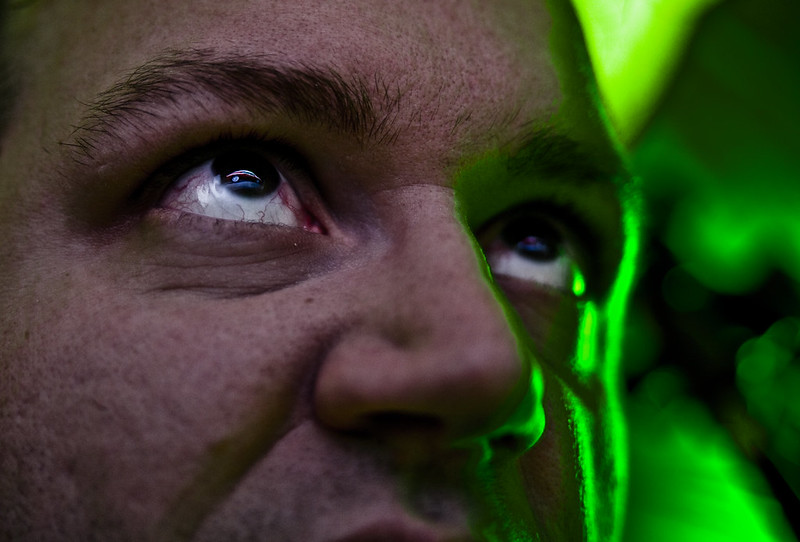For authors, envy is a dangerous motivator

All authors envy other authors. (Some lie about it, but they all do.) And it’s a powerful motivation.
I wish I could write prose that reads as easily as Malcolm Gladwell’s. I wish I sold as many copies of my books as James Clear. I wish I could be paid to muse on stage for $50K a pop.
Heck, sometimes I read stuff my clients have sent me to edit and think, “This person has real writing talent . . . was I ever this good?
Envy can be helpful to get you off your duff. But it’s perilous.
The problem with envy
The problem with envy is simple. Your goal should be to serve the reader better. If you spend your time worrying about other authors, you’re focused in the wrong place. The reader doesn’t care if you’re better than J.Q. Famousguy, and neither should you.
Your friend got a contract to publish a book with Wiley. Envious? Think a bit. Do you want to put together a proposal and wait two years until your book comes out? Do you even have a solid idea? Is Wiley really the best publisher for you?
Your friend hit the bestseller list. Is that a goal you really want to achieve? Are you willing to cheat to get it? If you do want this, have you considered writing a great book and marketing the heck out of it as a way to achieve it?
Your friend self-published a bunch of crap bundled together and called it a book. Now they say they are a published author. Are you so desperate to match them that you want to create your own crappy self-published book?
The problem with envy is that once you attain what the object of your envy already has, somehow, it doesn’t feel very satisfying. You’re living someone else’s dream.
Writing a book is hard. Publishing it is hard. Promoting it is hard.
It is worth it if you serve readers well and solve a problem. It is worth it if you have a powerful idea and you are passionate for others to embrace it. It is worth it if it benefits you in ways that matter: improves your reputation, gets you on the speaking stage, garners consulting, or whatever your goal is.
Envy is fine. Everyone has it. It can even motivate you to get going on your book project.
Just don’t make it your primary motivation, or any success you have is going to feel very empty.
I used to envy writers on LinkedIn who have thousands of followers. Then I realized that, for the most part, their LinkedIn articles get less engagement: fewer comments, fewer reposts, and fewer “reactions” (Likes, Loves, and Insightfuls). Article after article, at least one-third of my reactions are Love or Insightful. That tells me that what I have to say, and how I’m saying it, are resonating. I’d rather win hearts than eyeballs.
A schoolmate of mine (junior high and high school) had upper-class parents who were professional writers and college professors. She grew up writing books (novels), and has since become a well-known published author, some of whose works have been made into movies. I, too, was envious. (I grew up writing novels, too, just as prolific as my schoolmate. My family was lower- to middle-class in which neither parent was a college professor; this endowed me with no snootiness rights at all. Those childhood works were terrible, but I learned from them, and my work has improved considerably in quality and originality over the past 50+ years, ha ha!)
Her first book, purportedly a novel, was a thinly disguised critique about the community in which she grew up. The people in town were incensed, as they recognized themselves. I never bought her book – I have certain standards – but I did borrow it from the library so I could see for myself what the fuss was all about. And it was nasty. Technically, extremely well written, but it had no heart. I was tempted to write a rejoinder called, “Now Wait A Minute, [Name].”
Her work has improved over the decades. She grew up, emotionally and spiritually, when her life shifted from a state of pampered privilege to one that included pointless one-way affairs, a broken marriage, the loss of a child, terminal illness, and other issues – in a nutshell, real life, more than most of us have had to endure. Her work has become excellent – it now has heart, emotional intelligence, compassion, humility. She has learned to love, something I suspect she never received in that overindulged childhood. I appreciate the resilience she has acquired, and the way she projects that into her work.